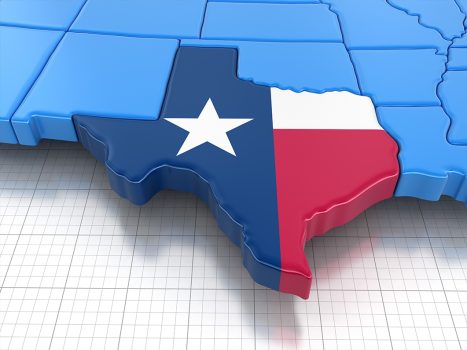Major disruption to the nation’s supply chain was averted last week when key players in the Biden administration, including Labor Secretary Marty Walsh, brokered what has been termed a “tentative deal” between freight railroads and its union workers.
The deal, which was announced on Thursday, Sept. 15, is retroactive to 2020, providing rail works a 24 percent pay increase and $5,000 in bonuses.
Officials have agreed the deal has at least temporarily relieved some of the threat to the nation’s supply chain had the strike gone ahead as planned on Friday, Sept. 16.
Reuters reported on Sept. 15 at https://www.reuters.com/world/us/us-reaches-tentative-agreement-with-rail-workers-strike-2022-09-15/
noted that although a deal had been reached, “union members angered by tough work conditions have yet to ratify the agreement.”
Tens of thousands of workers’ jobs are involved in the agreement, and Reuters said, “Workers agreed not to strike while votes are tallied over the next several weeks, avoiding a stoppage that could have started on Friday.”
The news source said, “A rail shutdown could have frozen almost 30 percent of U.S. cargo shipments by weight, stoked inflation, cost the American economy as much as $2 billion per day and unleashed a cascade of transport woes affecting U.S. energy, agriculture, manufacturing, healthcare and retail sectors.”
Moreover, “The impact of a shutdown would have stretched beyond U.S. borders because trains link the United States to Canada and Mexico and provide vital connections to massive ships that ferry goods from around the globe.”
USA TODAY also reported on Sept. 15 at https://www.msn.com/en-us/money/companies/what-are-the-railroad-unions-asking-for-everything-you-need-to-know-about-a-rail-strike/ar-AA11Stqp
that 12 railroad worker unions have entered the tentative agreements involving a dispute that has been escalating for nearly three years. Contract negotiations, the story said, had “proved unfruitful, and railroad workers moved towards a strike over unmet demands for higher pay and better working conditions.”
All 12 unions that have formed the coalition for National Freight Rail Bargaining have been “working together to push company management to accept various workplace improvements, including higher pay and conditions that better facilitate work-life balance,” the story said.
In addition, to pay increases, the unions have asked for “the improvement of working conditions including paid time off and a more flexible schedule.” The tentative agreement reached last week granted wage increases, bonuses, and no increases to insurance copays and deductibles.


